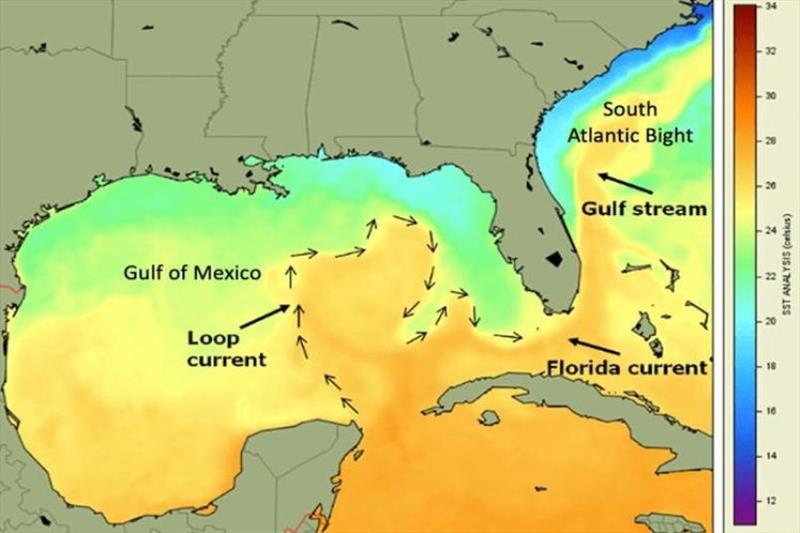
Understanding the impacts of climate change on economically important fish species
by NOAA Fisheries 30 Oct 2020 19:53 UTC

Understanding the impacts of climate change on economically important fish species © NOAA Fisheries
Researchers at NOAA's Southeast Fisheries Science Center and Atlantic Oceanographic and Meteorological Laboratory are teaming up. They want to understand how changing ocean conditions might be influencing commercially important fish stocks.
The project will identify key physical processes that affect the biology and chemistry of waters used by coastal migratory species. They will pool their modeling capacities to investigate factors influencing fish stocks in the Gulf of Mexico and South Atlantic Bight. These stocks are managed by NOAA Fisheries and the regional Fishery Management Councils.
Building on previous research collaborations, the scientists will continue advancing these modeling efforts to support marine resources management and conservation.
"We have configured several high-resolution models for the Gulf of Mexico, Caribbean Sea, and South Atlantic Bight," said Laboratory scientist Dr. Sang-Ki Lee. "Using these models, we have built close collaborations between our laboratory and the science center addressing key scientific questions, including the impacts of increasing ocean temperatures on coral bleaching and spawning of Atlantic bluefin tuna in the Gulf of Mexico and Caribbean Sea, impacts of El Niño and increased rainfall on plankton patterns in the Texas-Louisiana shelf, and seasonal variability in ocean carbon chemistry in the Gulf of Mexico."
Coastal migratory species, such as king mackerel, greater amberjack, red porgy, and red grouper, are key commercial and recreational species that support a billion-dollar economy. The most recent stock assessments for these species indicated that the stocks began declining in the late 2000s. This indicates either reduced population reproductivity, migration out of the management area, or both.
A stock assessment is the process of collecting, analyzing, and reporting demographic information to determine changes in the abundance of fishery stocks in response to fishing. They are also used to predict future trends of stock abundance. The stock assessments track the age structure of the adult population to determine how many new fish are expected in the future. When the actual number does not match the expected number, it reflects that something other than stock abundance is affecting the population, such as the environment or a predator species.
Surface water temperatures in the South Atlantic Bight and Gulf of Mexico have increased in the past 20 years. A number of oceanographic changes to the Loop Current and the Gulf Stream have also been documented. These patterns give reason to investigate environmental change as a potential cause of stock declines.
NOAA's Modeling, Analysis, Predictions, and Projections program is funding this new collaborative project.